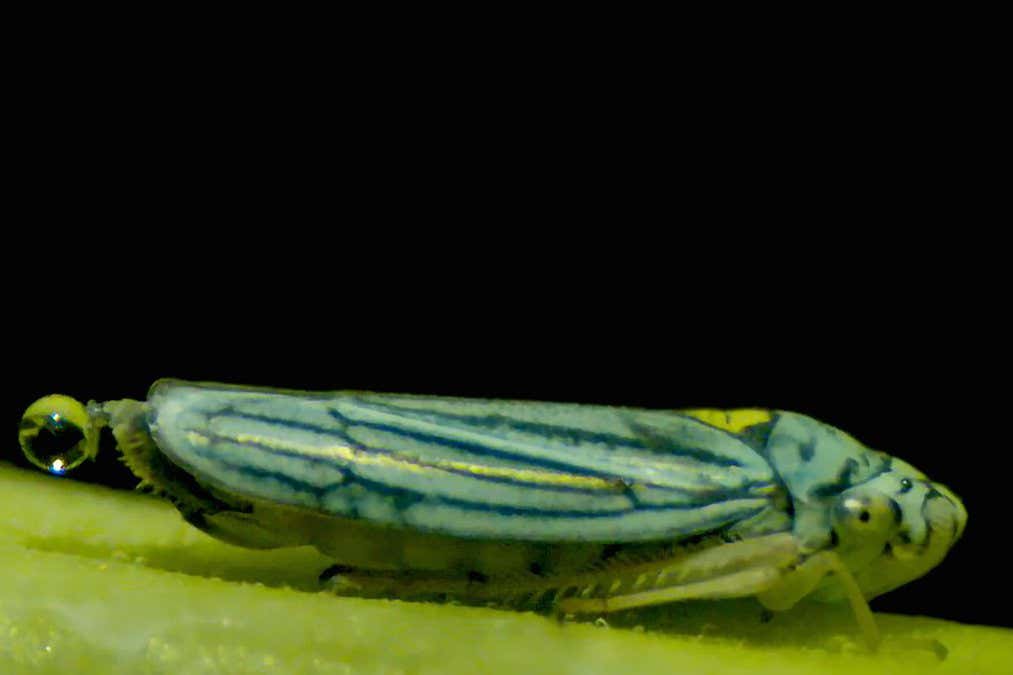Insect Urine: Tiny Bodies, Giant Waste – A Surprising Look at a Hidden World
Insects, those tiny creatures crawling, flying, and buzzing around us, are far more impactful than their size suggests. While we often focus on their role as pollinators, pests, or food sources, a lesser-known aspect of their existence is their surprisingly significant contribution to the global nitrogen cycle: their urine. This article delves into the fascinating world of insect excretion, revealing how these minuscule bodies produce a surprisingly large amount of waste and its ecological implications.
The Unexpected Scale of Insect Waste
It’s easy to overlook insect waste, but consider this: insects represent over 80% of all animal species on Earth. Their sheer numbers mean their collective output is substantial. While individual insects produce tiny amounts of urine, their combined contribution to nutrient cycling, particularly nitrogen, is colossal. This nitrogen, a crucial element for plant growth, is released back into the ecosystem through their waste, impacting soil fertility and overall ecosystem health.
The Composition of Insect Urine: More Than Just Nitrogen
Insect urine isn't just nitrogen. Its composition varies depending on the insect species and its diet. It often contains:
- Uric acid: A less toxic form of nitrogenous waste, crucial for water conservation in insects.
- Ammonia: A more toxic form of nitrogen, usually found in insects with higher water availability.
- Other organic compounds: These can include amino acids, sugars, and other metabolites, contributing to soil nutrient richness.
Ecological Significance: From Forests to Farms
The impact of insect urine extends far beyond individual plants. In forests, insect waste contributes significantly to the nutrient cycling processes that sustain the entire ecosystem. In agricultural settings, insect excretions can play a vital role in soil fertilization, potentially reducing the need for synthetic fertilizers. This makes understanding insect waste crucial for sustainable agriculture and forest management.
Research and Future Directions
While the sheer volume of insect urine is undeniable, further research is crucial to fully understand its detailed composition and its specific effects on different ecosystems. This includes:
- Identifying the specific nitrogen compounds released by different insect species.
- Quantifying the contribution of insect urine to soil nitrogen levels in diverse habitats.
- Investigating the potential use of insect waste in sustainable agricultural practices.
The Bigger Picture: A Tiny Contribution with Global Impacts
From the seemingly insignificant act of urination by a single insect to the collective impact of billions, the role of insect urine in global nutrient cycling cannot be ignored. Understanding this hidden world sheds light on the interconnectedness of ecosystems and provides valuable insights into sustainable practices for agriculture and environmental conservation. Further research in this field could unlock exciting possibilities for sustainable solutions in the face of growing environmental challenges.
Call to Action: Want to learn more about the fascinating world of insects and their impact on our environment? Follow us for more insightful articles on insect biology and ecology! You can also explore resources from organizations like the and to delve deeper into this compelling topic.

